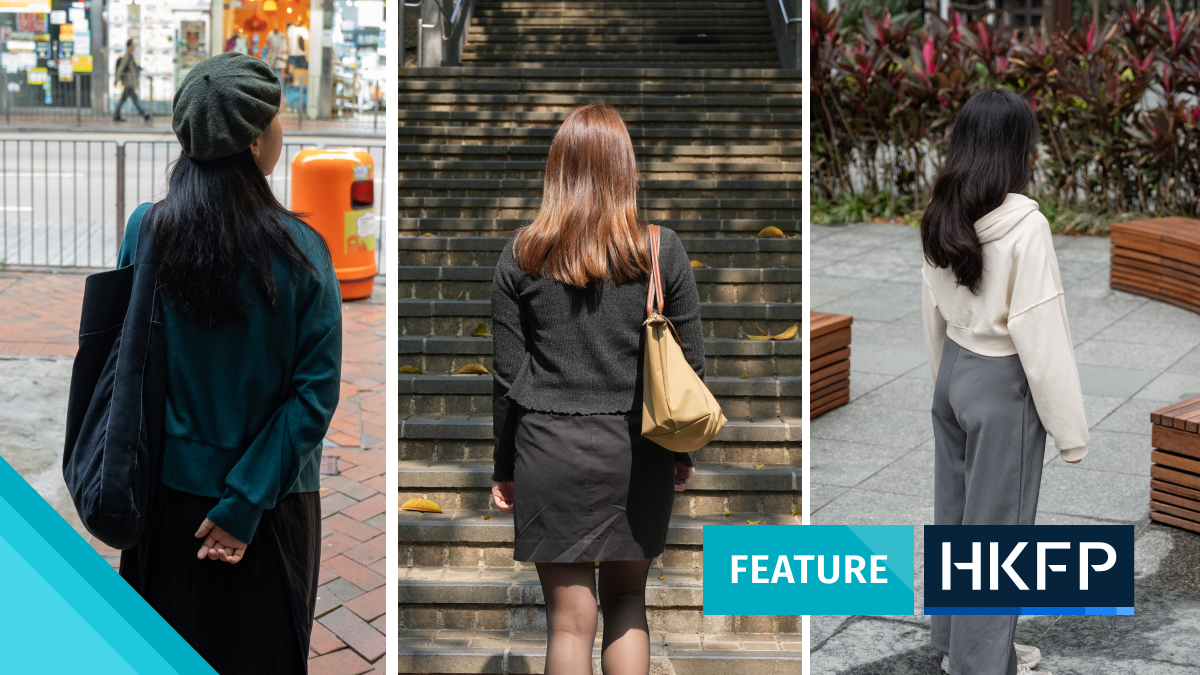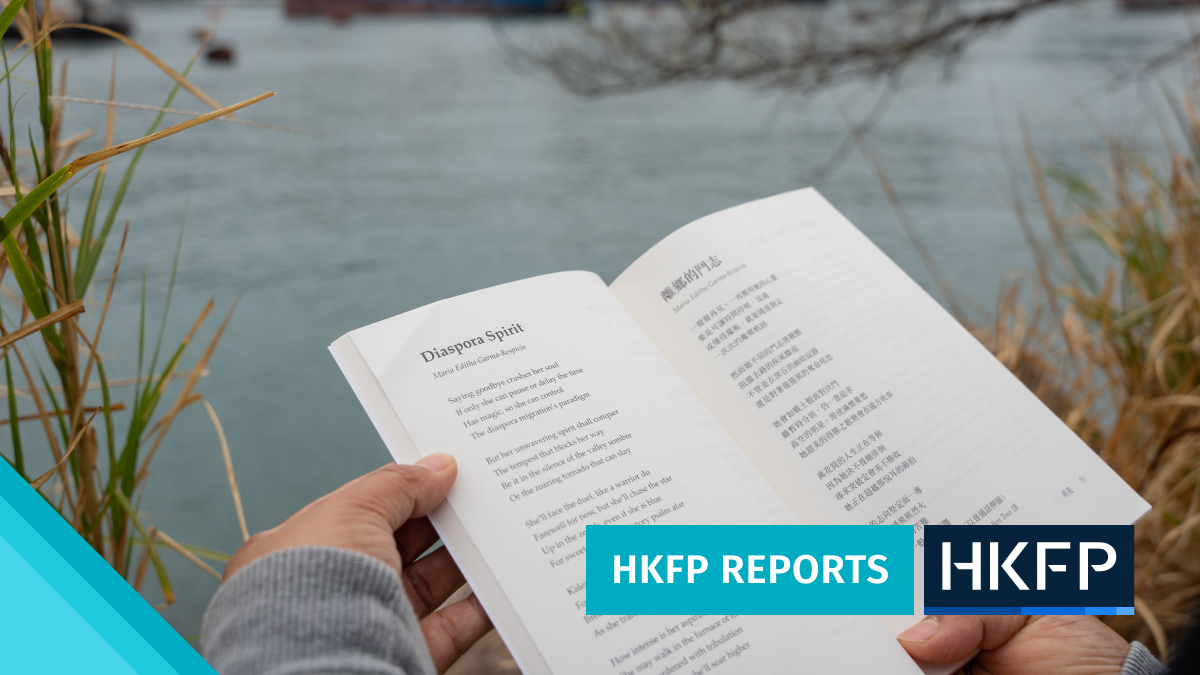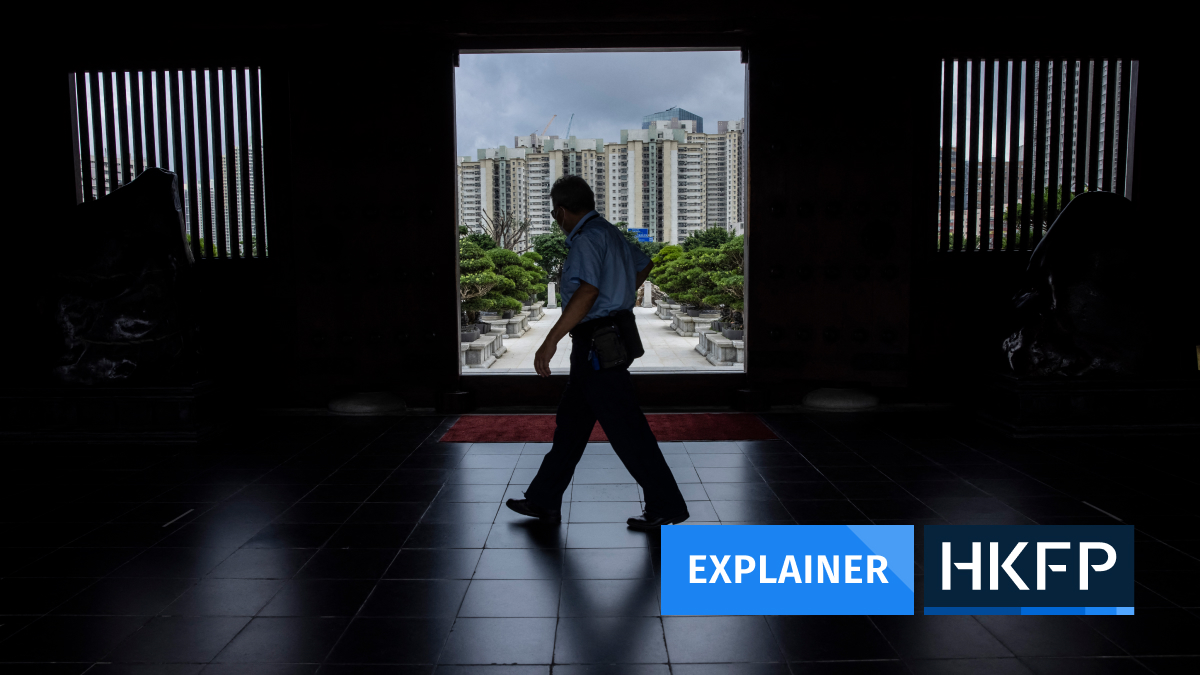The woman who tried in vain to introduce Hong Kong’s own security law two decades ago has said the city should pass the revived legislation as soon as possible, adding that people will then “be able to express themselves more freely.”
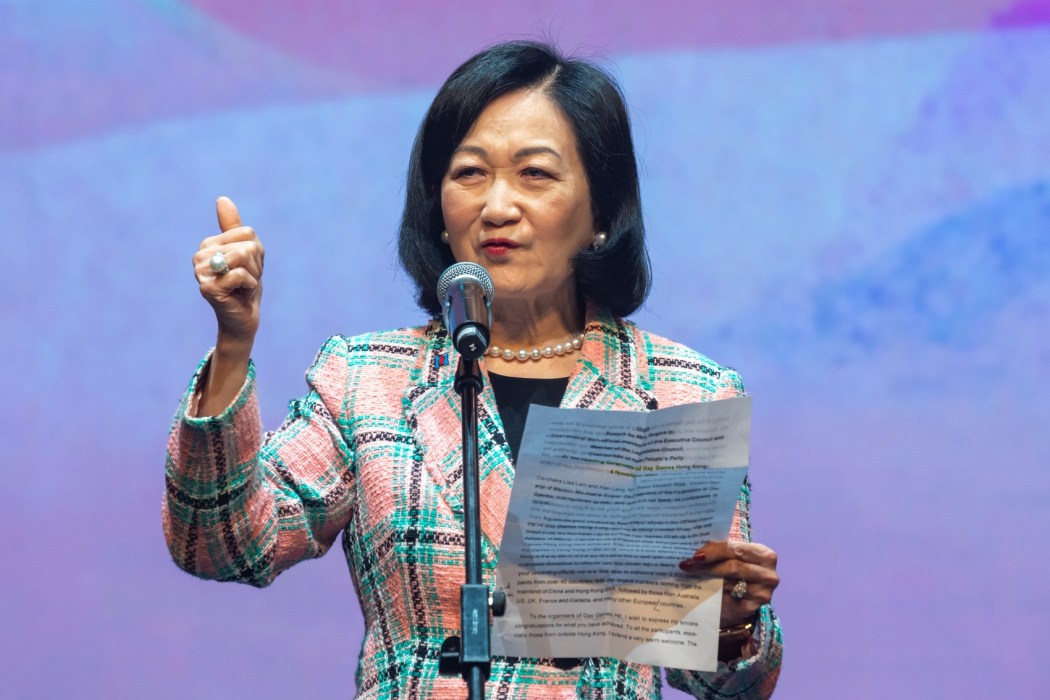
Regina Ip, convenor of the government’s top advisory body the Executive Council, is also the chair of the pro-establishment New People’s Party and a lawmaker. She spoke to HKFP for the second episode of its new podcast, Yum Cha.
During her tenure as Secretary for Security, a position she assumed in 1998, Ip spearheaded efforts to pass Hong Kong’s own security law, known locally as Article 23 after the Basic Law article which mandates it. But mass protests in 2003 caused the legislation to be shelved and she stepped down.
Ip recalled the largest of those demonstrations, when 500,000 Hongkongers took to the streets on July 1, 2003, as “truly peaceful,” contrasting it to the protests seen in 2019.

Chankalun – A Bright Future for Hong Kong's Neon Heritage – HKFP Yum Cha
- Chankalun – A Bright Future for Hong Kong's Neon Heritage
- Carol Liang – Happy Hong Kong?
- Astrid Andersson – Wildlife Trade and Alien Invaders
- Xyza Cruz Bacani – Migrant Domestic Workers and the Children Left Behind
- Cynthia Cheng and Maxime Vanhollebeke – An Invisible Web of Workers
- Vaudine England – A City Between East and West
- Regina Ip – Matters of Security
- Emily Lau – Fighting Two Tigers
Apple | Spotify | Google Podcasts | Stitcher | Overcast | Amazon Music | Pandora | RSS
The unrest four years ago was sparked by a controversial proposed amendment to Hong Kong’s extradition lawl, which would have allowed the transfer of fugitives to mainland China, where the judicial system is notoriously opaque. Over the months that followed, protests escalated into sometimes violent displays of dissent against alleged police brutality, amid calls for democracy and anger over Beijing’s encroachment.
Beijing imposed its own security law on the city in June 2020 but Hong Kong officials say the city’s own separate legislation should be passed as soon as possible.
Over the years, the way officials speak about 2019 has evolved from apologies and denials that the protests were a “colour revolution,” to deeming the months-long unrest a “pro-independence” riot funded by external elements.
In August, Secretary for Security Chris Tang said that even 20 years ago “foreign forces” had played a role in the movement against Article 23.

“As early as in 2003, external forces already cultivated some local opposition groups in Hong Kong to organise large-scale anti-government processions,” Tang said in Cantonese in a video uploaded to Facebook.
Ip, however, said that while “some foreign consul-generals, foreign chambers of commerce [had] expressed a lot of reservations” about the enactment of security legislation in Hong Kong, their actions were “entirely legitimate.”
“I wouldn’t call that foreign intervention or foreign forces at work,” she said.
Despite the 2020 law, Ip said it was still necessary for Hong Kong to enact its own security legislation to ensure that “all the security mechanisms are in place.”
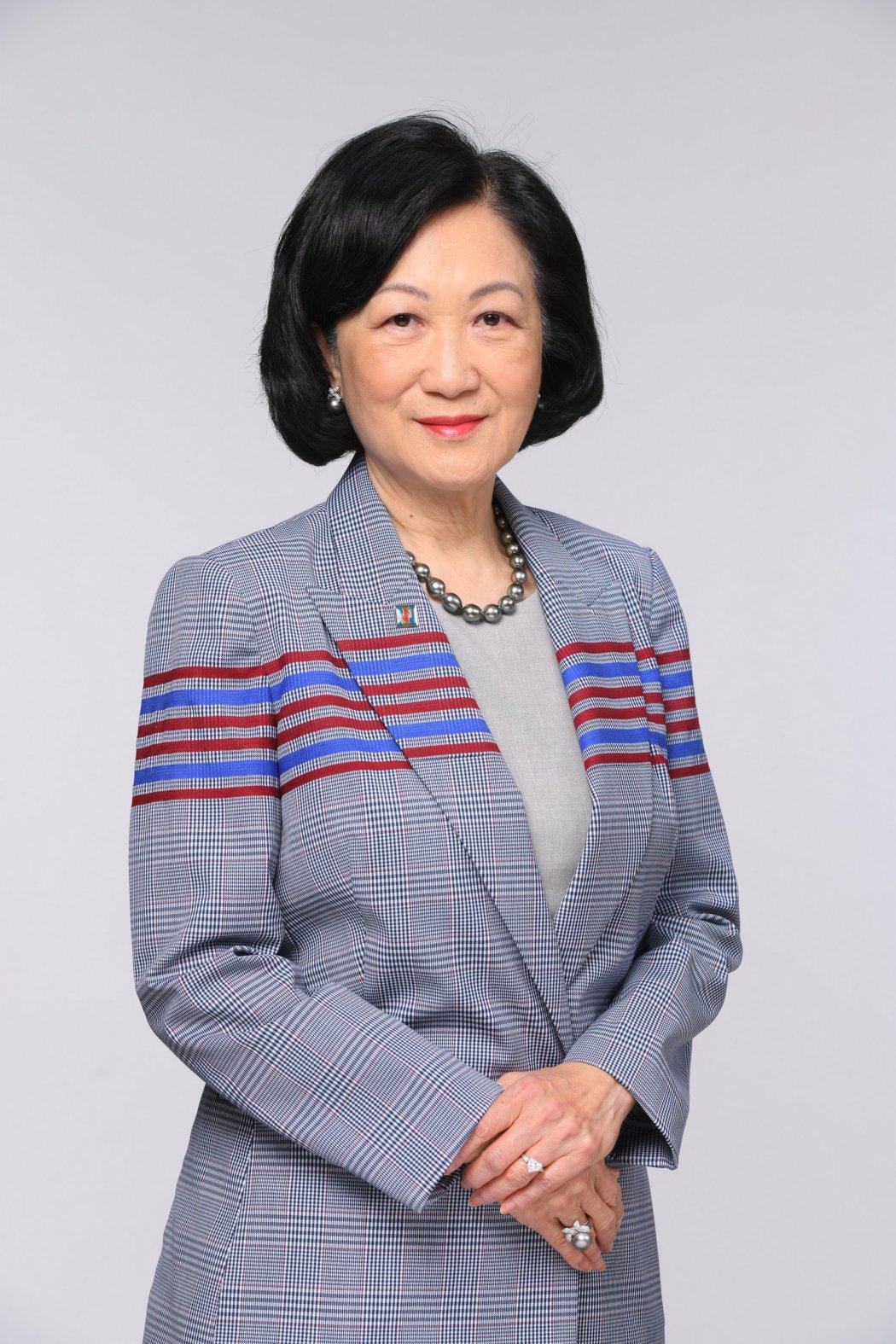
“I think the sooner we complete enactment of Article 23 legislation the better,” Ip said, adding that the government would feel more “relaxed” after it had completed its duty.
“So we know where the boundaries are, so people will feel more relaxed, and be able to express themselves more freely.”
But people should not expect the security provisions to be clearly defined. “I think in due course… when the cases have been completed and there are more court judgments, court commentary… people will gradually be able to grasp what is lawful and what is not,” Ip said.
On the subject of “soft resistance,” a term that Chief Executive John Lee used earlier this month to describe those who suggested that Hong Kong was too focused on security, Ip said that it was “hard to define.”
“I can’t really speak on behalf of the government… as you say they have not really defined it very clearly, maybe because it’s hard to define,” Ip said. “[it] probably means not unlawful, definitely something marginal, in the grey area, not against the law, so that you can’t catch them, charge them with an offence, but somehow it’s against government.”
HKFP Yum Cha
New episodes of HKFP Yum Cha will be released on Saturdays. The first season will feature a diverse range of voices, from artists to scientists, who share their perspective on Hong Kong as it is today through the lens of their industry.
We will explore how early Hong Kong was shaped not only by the Chinese and the British, but by immigrants from across Asia and their interracial offspring, and how those influences can still be felt. And we will learn how the city’s position as a wildlife trade hub has shaped its biodiversity in one particularly unexpected way.
Listen and subscribe wherever you get your podcasts.
Support HKFP | Policies & Ethics | Error/typo? | Contact Us | Newsletter | Transparency & Annual Report | Apps
Help safeguard press freedom & keep HKFP free for all readers by supporting our team

Original reporting on HKFP is backed by our monthly contributors.
Almost 1,000 HKFP Patrons made this coverage possible. Each contributes an average of HK$200/month to support our award-winning original reporting, keeping the city’s only independent English-language outlet free-to-access for all. Three reasons to join us:
- 🔎 Transparent & efficient: As a non-profit, we are externally audited each year, publishing our income/outgoings annually, as the city’s most transparent news outlet.
- 🔒 Accurate & accountable: Our reporting is governed by a strict Ethics Code. We are 100% independent, and not answerable to any tycoon, mainland owners or shareholders. Check out our latest Annual Report, and help support press freedom.
- 💰 It’s fast, secure & easy: We accept most payment methods – cancel anytime, and receive a free tote bag and pen if you contribute HK$150/month or more.
MORE Original Reporting
HKFP has an impartial stance, transparent funding, and balanced coverage guided by an Ethics Code and Corrections Policy.
Support press freedom & help us surpass 1,000 monthly Patrons: 100% independent, governed by an ethics code & not-for-profit.





